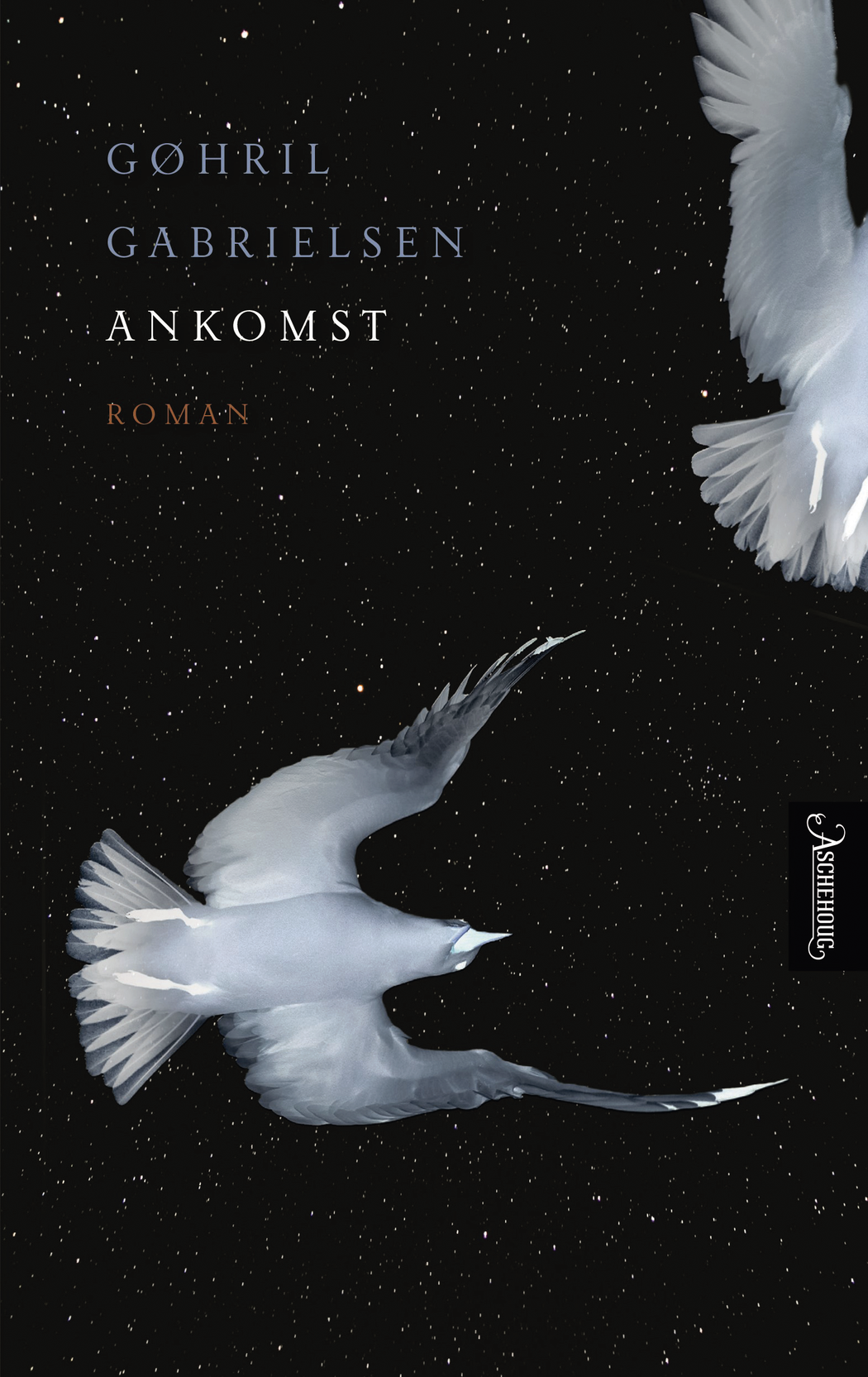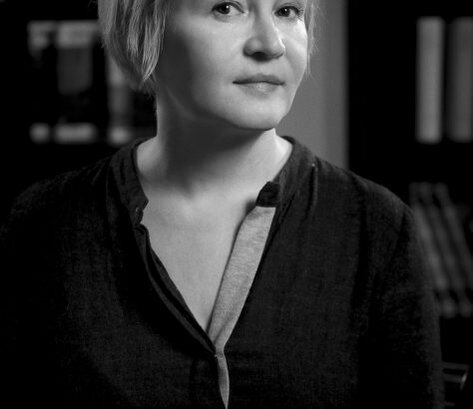Arrival
Ankomst
At one of the northernmost outposts of Norway, a scientist arrives to spend the winter in a deserted, old fisherman’s cabin, working on a research project on birds and climate change.
Her toddler daughter she has left with her ex-husband in the south. All alone, surrounded by endless snow and the petulant forces of nature, she is eagerly awaiting her lover to come join her.
As the weeks pass, and her lover lingers, the remoteness she has sought starts to feel less like a refuge and more like a threat.
With plenty of time to think, she starts to imagine and reinvent the details of the tragedy she learns took place in the cabin generations ago. The rational thinker is drawn towards the irrational, her loneliness gives way for a disturbing presence, something dark and unknown, moving outside or inside herself.

‘Creeping suspense wrapped in elegant prose (…) an intense thriller from the wilderness.’
Dagsavisen
‘In my view an obvious candidate for this year’s Norwegian Book Award (…) this short novel has it all: exquisite storytelling, a perfect plot and a fantastic portrait of a woman. Quite simply a wonderful novel (…) The ending surpasses every crime novel I have read this year.’
Adresseavisen, 6 out of 6 stars
‘A novel that stand out this fall.’
Dag og Tid
